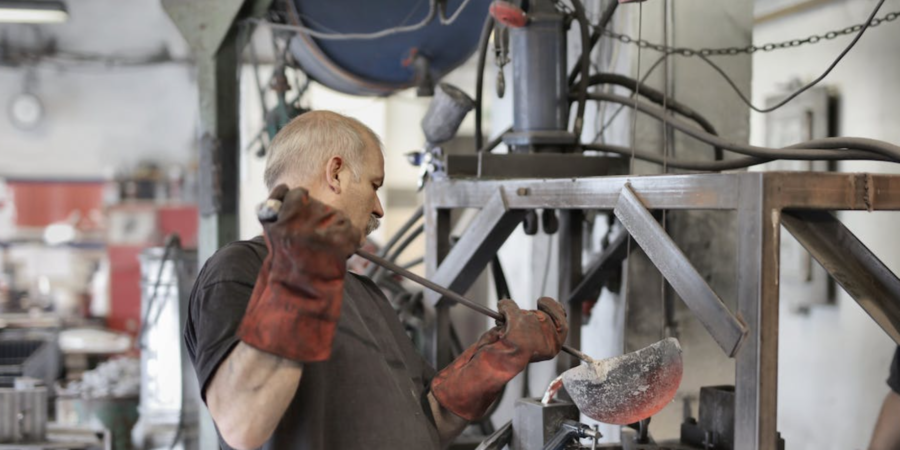Introduction:
In the intricate tapestry of small business management, decisions regarding equipment acquisition hold immense sway over financial stability and operational efficiency. A trend that has gained prominence in recent times is the strategic adoption of used equipment from online marketplaces. This article embarks on an in-depth exploration, unraveling the multifaceted advantages that small businesses can harness by opting for pre-owned assets in the vast expanse of the digital marketplace.
- Cost Efficiency and Budget Optimization:
At the forefront of the benefits lies the profound cost efficiency associated with acquiring used equipment online. Small businesses, often operating within constrained budgets, find solace in the fact that second-hand assets are available at a fraction of the cost of their new counterparts. This financial prudence extends beyond mere thriftiness; it empowers businesses to optimize their budget effectively, redirecting saved funds towards other critical facets of growth, such as marketing initiatives or talent acquisition.
- Diverse Selection and Availability:
Online marketplaces emerge as treasure troves for small businesses seeking diversity in equipment options. The digital realm offers a rich and varied selection, spanning from office furniture to specialized machinery and cutting-edge technology. The sheer abundance of choices transforms the equipment acquisition process into a buyer’s market, enabling businesses to meticulously match their operational needs with available options, fostering a sense of bespoke decision-making.
- Rapid Deployment and Reduced Downtime:
Unlike the protracted timelines associated with acquiring new equipment, the online procurement of used assets expedites the deployment process. Small businesses can swiftly integrate purchased equipment into their operational ecosystem, minimizing downtime and ensuring uninterrupted workflow. This rapid deployment becomes a strategic advantage, particularly in sectors where time-sensitive projects and operational continuity are paramount.
- Upgradability and Scalability:
Small businesses are inherently dynamic entities, navigating the intricate balance between growth and scalability. Purchasing used equipment from online platforms affords a flexible approach to upgradability. As operational needs evolve, businesses can seamlessly explore newer models or equipment without the substantial financial commitment tied to purchasing brand-new assets. This adaptability ensures that small businesses can scale their operations in harmony with market demands, fostering agility in a competitive landscape.
- Sustainability and Environmental Responsibility:
The contemporary business landscape places a premium on sustainability, and the acquisition of used equipment aligns seamlessly with eco-friendly practices. By opting for pre-owned assets, small businesses contribute to the extension of product lifecycles, reducing the environmental footprint associated with manufacturing new equipment. This dual benefit allows businesses to showcase a commitment to sustainability while realizing cost savings—a strategic move that resonates positively with environmentally conscious consumers and stakeholders.
- Mitigating Depreciation Concerns:
Depreciation of assets poses a perennial concern for businesses, particularly with new equipment purchases. The acquisition of used equipment provides a pragmatic solution to mitigate these concerns. Having traversed the initial depreciation phase, pre-owned assets allow businesses to navigate a more stable financial terrain. This, in turn, can positively impact the balance sheet, as assets are accounted for at a lower book value, potentially translating into tax advantages and improved financial reporting.
Conclusion:
In conclusion, the paradigm shift towards acquiring used equipment from online marketplaces unveils a strategic imperative for small businesses. Beyond mere thriftiness, the advantages encompass diverse choices, rapid deployment, upgradability, sustainability, and a pragmatic approach to depreciation concerns. By strategically leveraging these benefits, small businesses position themselves not only for operational efficiency and financial resilience but also for sustained growth and adaptability in the ever-evolving landscape of contemporary commerce.
Read More: How To Get Your Equipment Financing Application Approved For Your Business
Photo Credit:
Photo by Andrea Piacquadio: https://www.pexels.com/photo/aged-white-hair-metallurgist-working-in-workshop-3845946/

